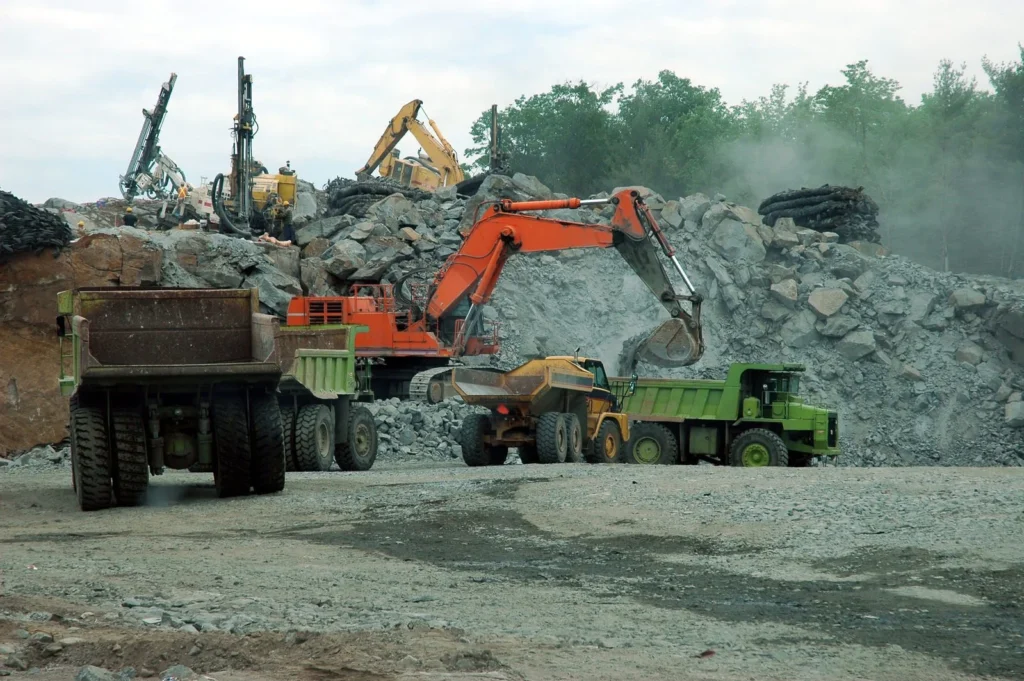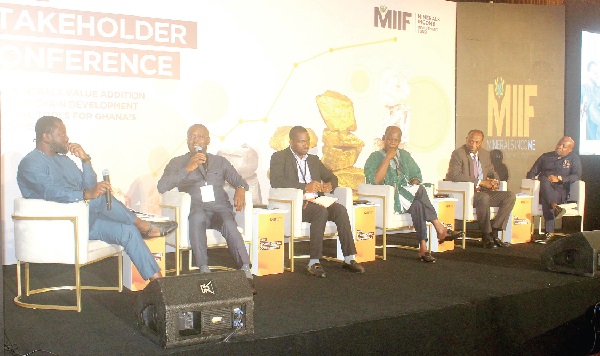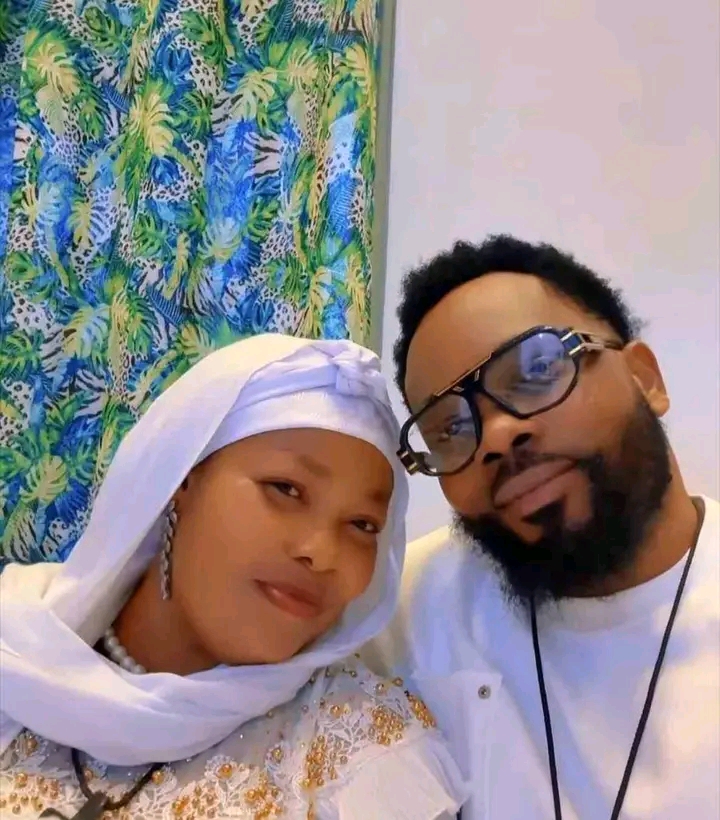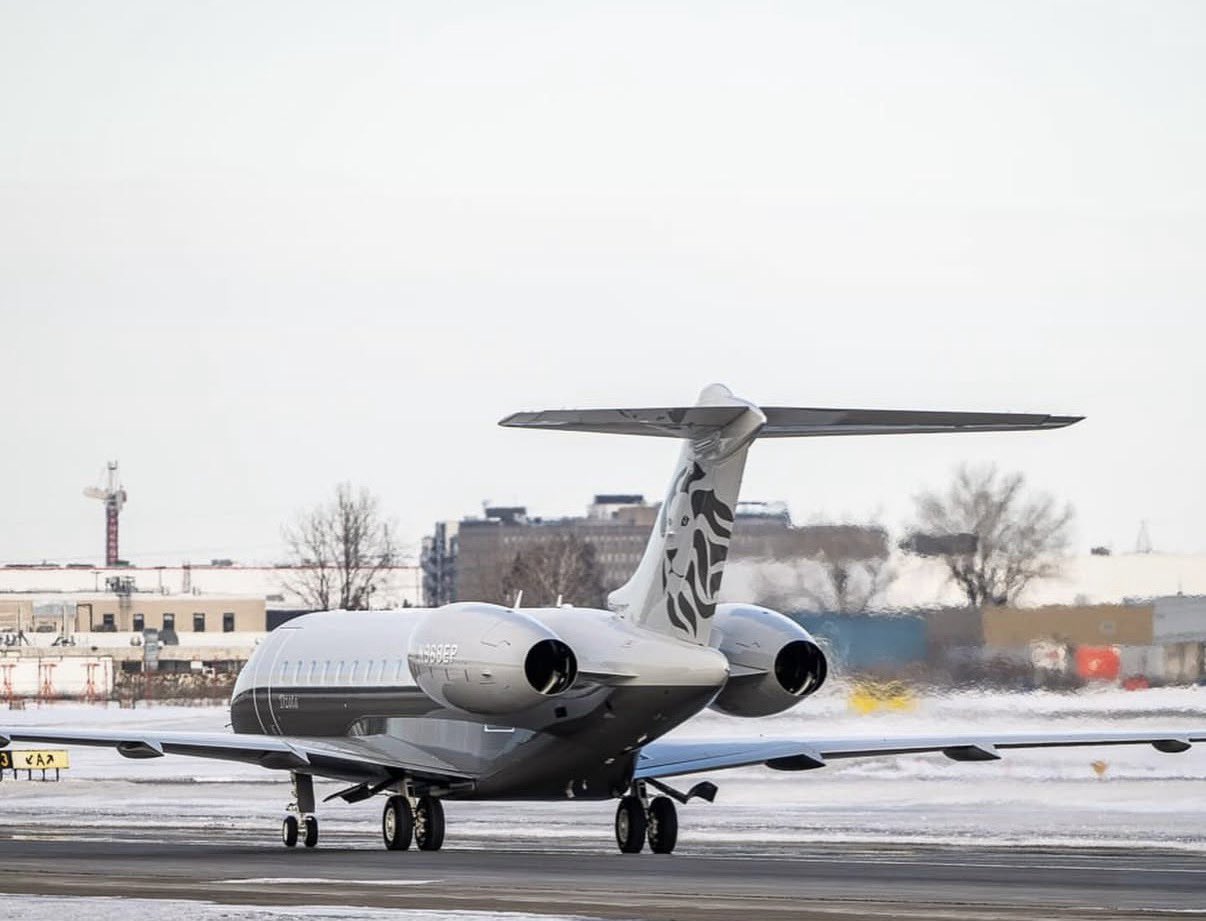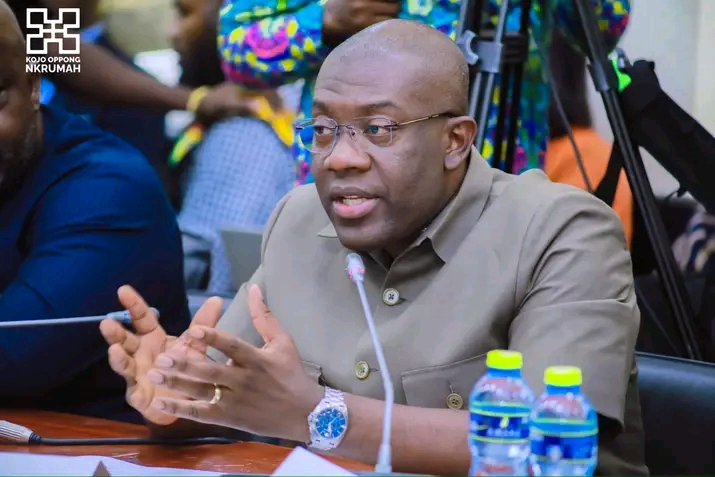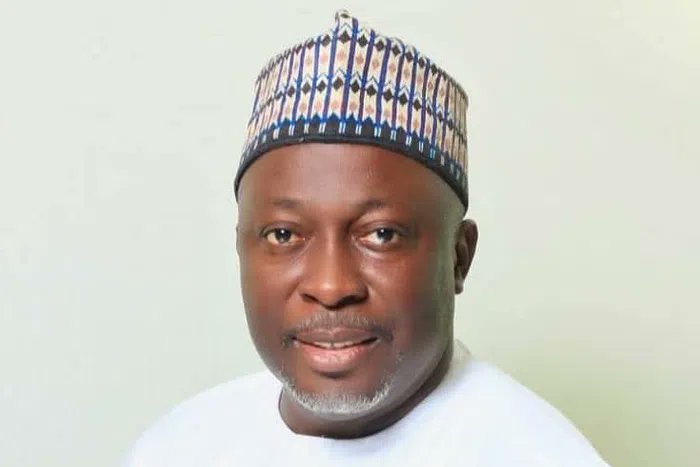By: Emmanuel Amoah
The Minerals Income and Investment Fund (MIIF) has made a significant impact on Ghana’s economy, injecting $950 million over the past 11 months.
A major portion of this funding $626 million went to support the Gold for Oil programme, providing assistance to Bulk Oil Distribution Companies (BDCs) between September 2023 and August 2024. This investment was facilitated through the MIIF Gold Trade Desk.
“We are among the key contributors to the relative stability of the local currency in recent times,” said Edward Nana Yaw Koranteng, Chief Executive Officer of MIIF, during a stakeholder conference held in Accra.
Koranteng outlined several key investments by MIIF, including a $40 million stake in Asante Gold Corporation, a prominent gold exploration and production company. This move positions Asante Gold as the only large-scale mining operation with substantial Ghanaian ownership since the divestiture initiatives of the 1980s.
MIIF has also completed a GHS 25 million investment in Injaro Venture Capital, aimed at bolstering the micro sub-sector of Ghana’s mining industry in line with the government’s local content policy.
The fund is in the process of committing $32.9 million to Ghana’s growing lithium sector, guided by the government’s critical minerals policy. As part of this effort, MIIF has invested $5 million in the holding company of Atlantic Lithium, along with $27.9 million in local assets managed by Barari DV, for a project set to begin production in 2025, pending parliamentary approval.

“Our investment is the third largest in Atlantic Lithium globally,” Koranteng noted, adding that this strategic position could yield further benefits if lithium discoveries are made in other countries like Brazil, Côte d’Ivoire, Nigeria, and Congo.
Koranteng also announced MIIF’s plan to launch a revolutionary financing initiative, the Mining Incubation Programme. This programme is designed to assist licensed junior and small-scale mining operations in Ghana, encouraging mercury-free and environmentally sustainable gold mining practices.
The initiative aims to support these miners in becoming junior mining companies that can eventually list on the Ghana Stock Exchange. The programme will provide working capital, mining equipment, and corporate governance structures while ensuring traceability and ESG compliance for small-scale miners through the MIIF Gold Trade Desk.
At the conference, Deputy Minister of Lands and Natural Resources, Mireku Duker, emphasized the importance of minerals value addition. He explained that while mineral endowments provide a comparative advantage, they also present challenges when raw materials are exported without further processing.
Duker pointed out that countries with advanced technology often benefit more by converting raw minerals into high-value products for global markets, while mineral-rich countries like Ghana are left at a disadvantage.
He urged stakeholders to support government initiatives aimed at adding value to Ghana’s mineral resources before export to ensure equitable returns for the nation.
The MIIF-organized conference, themed “Minerals Value Addition and Value Chain Development—Essential Tools for Ghana’s Development,” focused on exploring the role of minerals value addition in advancing the country’s sustainable growth. The event sought to promote practical solutions and strategies for transitioning Ghana from raw mineral exports to processing and manufacturing, maximizing the long-term benefits of the nation’s mineral wealth for economic development and improved livelihoods.
